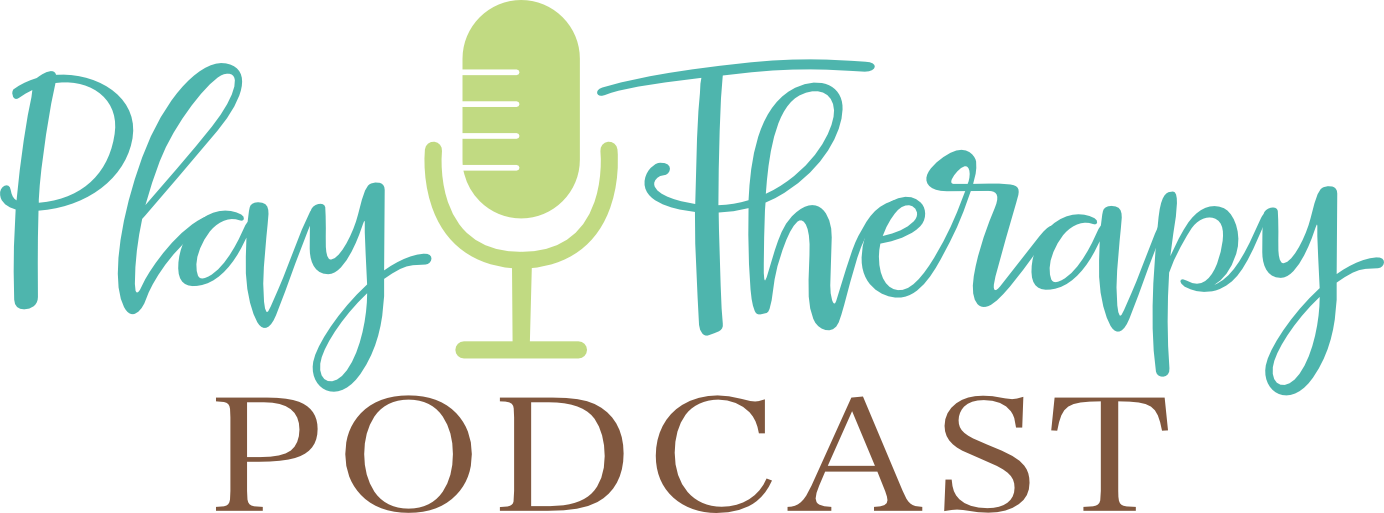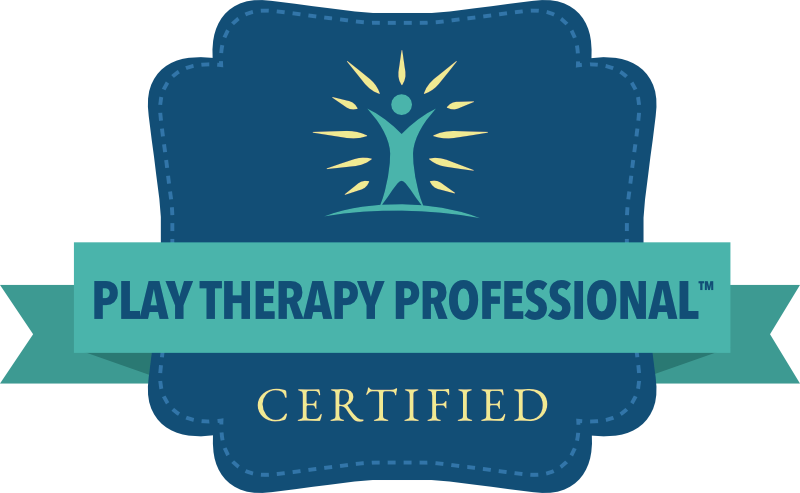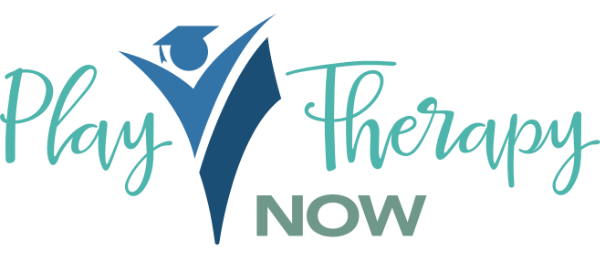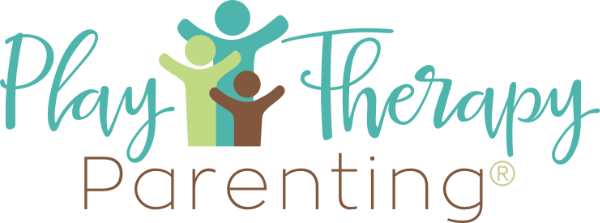Understanding and Managing Bathroom Accidents in Child-Centered Play Therapy
In this episode, we tackle a sensitive but common issue faced in child-centered play therapy: managing enuresis and encopresis among young clients. I answer a question from Juliette in Georgia, addressing how therapists can maintain a child-centered approach while dealing with bathroom accidents during therapy sessions.
First I discuss the underlying factors of bathroom accidents, such as control, anxiety, and somatic responses, and practical strategies for handling these incidents both in the therapy room and when communicating with parents. I also talk about the importance of normalizing these accidents and providing reassurance to both the child and their parents, emphasizing that such incidents are common and manageable with the right approach.
Key points include:
The dual approach to acknowledging accidents in therapy: either neutrally bringing them up as observations or choosing not to mention them unless the child does, depending on the therapist’s assessment of the situation.
The necessity of having spare clothes and understanding the logistics and ethical considerations involved in helping a child manage an accident.
Strategies for discussing these issues with parents to ensure they understand the emotional and physiological factors driving their child’s behavior, thereby reducing stigma and anxiety around the topic.
This episode is essential for any play therapist seeking effective techniques for handling one of the more challenging aspects of working with children, providing both theoretical insights and practical advice to enhance your therapeutic practice.
If you would like to ask me questions directly, check out www.ccptcollective.com, where I host two weekly Zoom calls filled with advanced CCPT case studies and session reviews, as well as member Q&A. You can take advantage of the two-week free trial to see if the CCPT Collective is right for you.
Ask Me Questions: Call (813) 812-5525, or email: [email protected]
Brenna’s CCPT Hub: https://www.playtherapynow.com
CCPT Collective (online community exclusively for CCPTs): https://ccptcollective.com
Podcast HQ: https://www.playtherapypodcast.com
APT Approved Play Therapy CE courses: https://childcenteredtraining.com
Twitter: @thekidcounselor https://twitter.com/thekidcounselor
Facebook: https://facebook.com/playtherapypodcast








